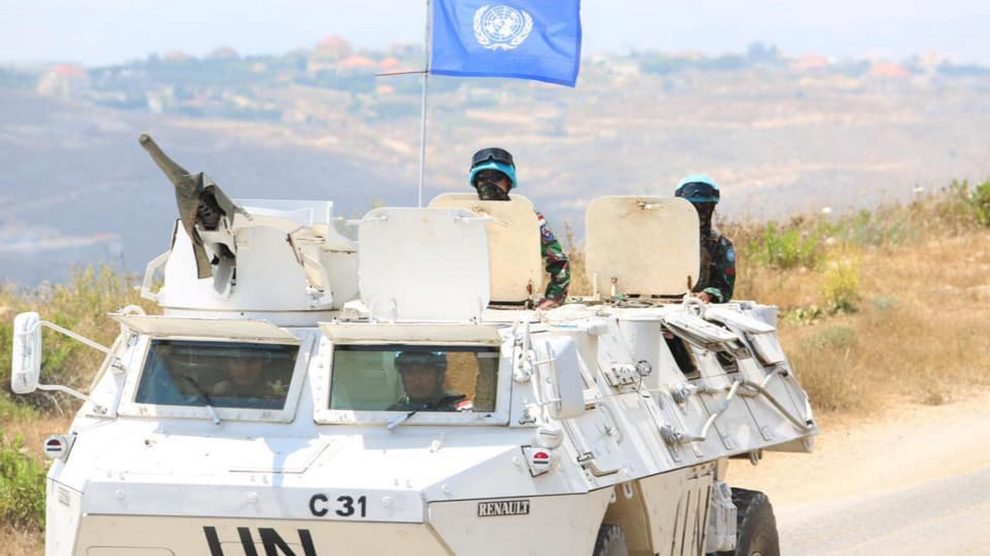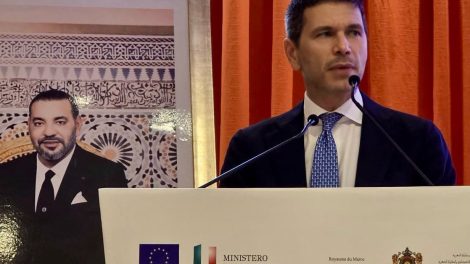For Rome, the stabilization of the Enlarged Mediterranean is a strategic priority.
- Syria: Barrack calls on Congress to repeal the Caesar Act, arguing that the new post-Assad government has begun a process of reconciliation with regional partners and deserves to be reintegrated into international economic circuits.
- Lifting sanctions, he writes, would shift the U.S. approach “from punishment to partnership.”
- Lebanon: Described by Barrack as the “second frontier,” the disarmament of Hezbollah is presented as essential for Lebanon’s sovereignty and Israel’s security.
- He proposes a framework supervised by the United States, France, and the United Nations, based on economic incentives rather than coercion.
The strategic frame. Barrack’s analysis reflects a broader American effort to redesign the regional security architecture — from the Gaza ceasefire to the Levant — through new agreements with Qatar, enhanced security cooperation with Saudi Arabia, renewed ties with Pakistan, and possible openings toward Iran.
- The objective is to isolate Iranian-backed militias and replace military deterrence with economic interdependence.
Italy’s POV. Rome moves in continuity with this logic while maintaining an autonomous and multilateral approach. Within the framework of the Wider Mediterranean, Rome sees the Levant as a key element of its strategic projection.
- In Syria, Italy supports reconstruction and reconciliation through development cooperation and investment by Italian companies, with particular attention to the protection of minorities and the safe return of refugees.
- In Lebanon, Italy’s presence in UNIFIL and its cultural and educational programs in the country’s south represent a model of “bottom-up diplomacy” that strengthens community resilience and institutional stability.
Why it matters (for Italy): At the MED9 summit held Monday in Slovenia, Foreign Minister Antonio Tajani reaffirmed Italy’s view that the stability of the Wider Mediterranean depends on the integration of economic resilience, security cooperation, and regional dialogue.
- Tajani stressed that the Gaza ceasefire and the first stage of the Trump Plan must evolve into lasting peace, supported by pragmatic engagement with Arab partners and a coherent European strategy.
- The Italian priorities emerging from the MED9 — energy diversification, defence cooperation, and partnership with Africa — follow the same logic: making the Mediterranean the hinge between European prosperity and regional security.
Bottom line: Barrack’s memo thus appears as a point of continuity within this shared strategic vision.





